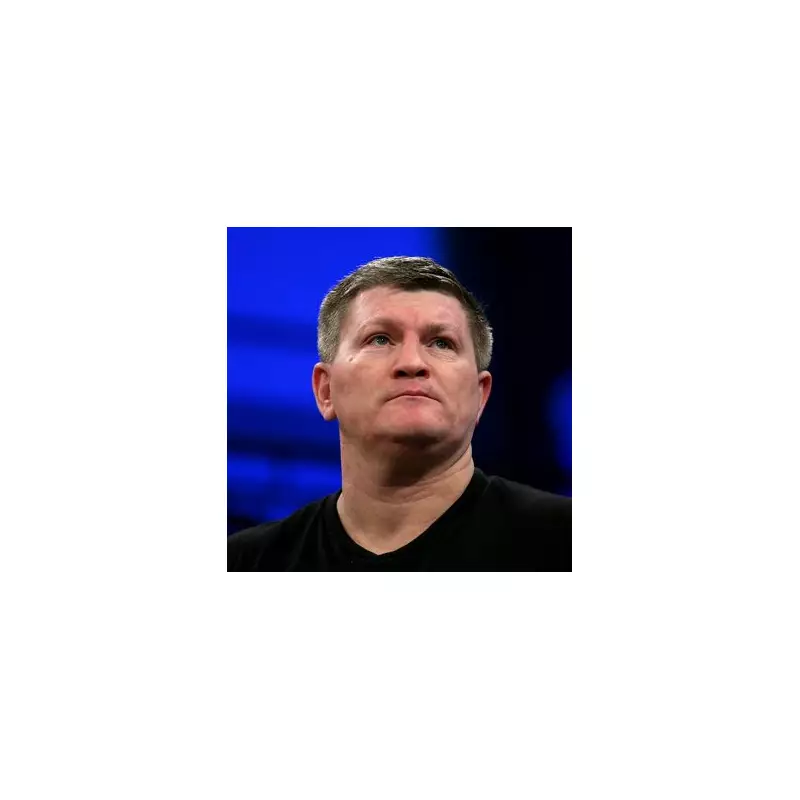
The boxing world was rocked today as harrowing details emerged about the final hours of British boxing legend Ricky Hatton, whose sudden death left fans and fellow athletes in mourning.
A Champion's Tragic End
Manchester Coroner's Court heard that the 45-year-old former world champion was discovered unresponsive at his home in Hyde, Greater Manchester, on October 12th. Despite desperate attempts by paramedics to revive him, Hatton was pronounced dead at the scene.
The Official Findings
Area Coroner Chris Murray delivered the heartbreaking conclusion after a thorough investigation. "Ricky Hatton died from a single, self-inflicted injury while suffering from depression," the coroner stated during the emotional proceedings.
The inquest revealed that Hatton had been battling mental health challenges, with his condition tragically culminating in his untimely death. No third-party involvement was suspected, and no note was left behind.
A Boxing Icon Remembered
Known affectionately as "The Hitman" to his legion of fans, Hatton dominated the boxing world during his illustrious career. The Manchester-born fighter held multiple world championships across two weight classes and became one of Britain's most beloved sporting figures.
His epic battles against boxing greats like Floyd Mayweather and Manny Pacquiao cemented his status as a true warrior of the ring, making his sudden passing even more devastating for the sporting community.
Mental Health Awareness in Sports
This tragic case has reignited conversations about mental health support for athletes, particularly those transitioning from high-profile sporting careers. Hatton's struggle highlights the silent battles many public figures face behind closed doors.
The boxing community and mental health advocates are now calling for increased support systems for retired athletes navigating life after professional sports.





